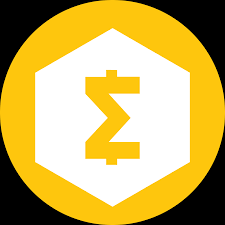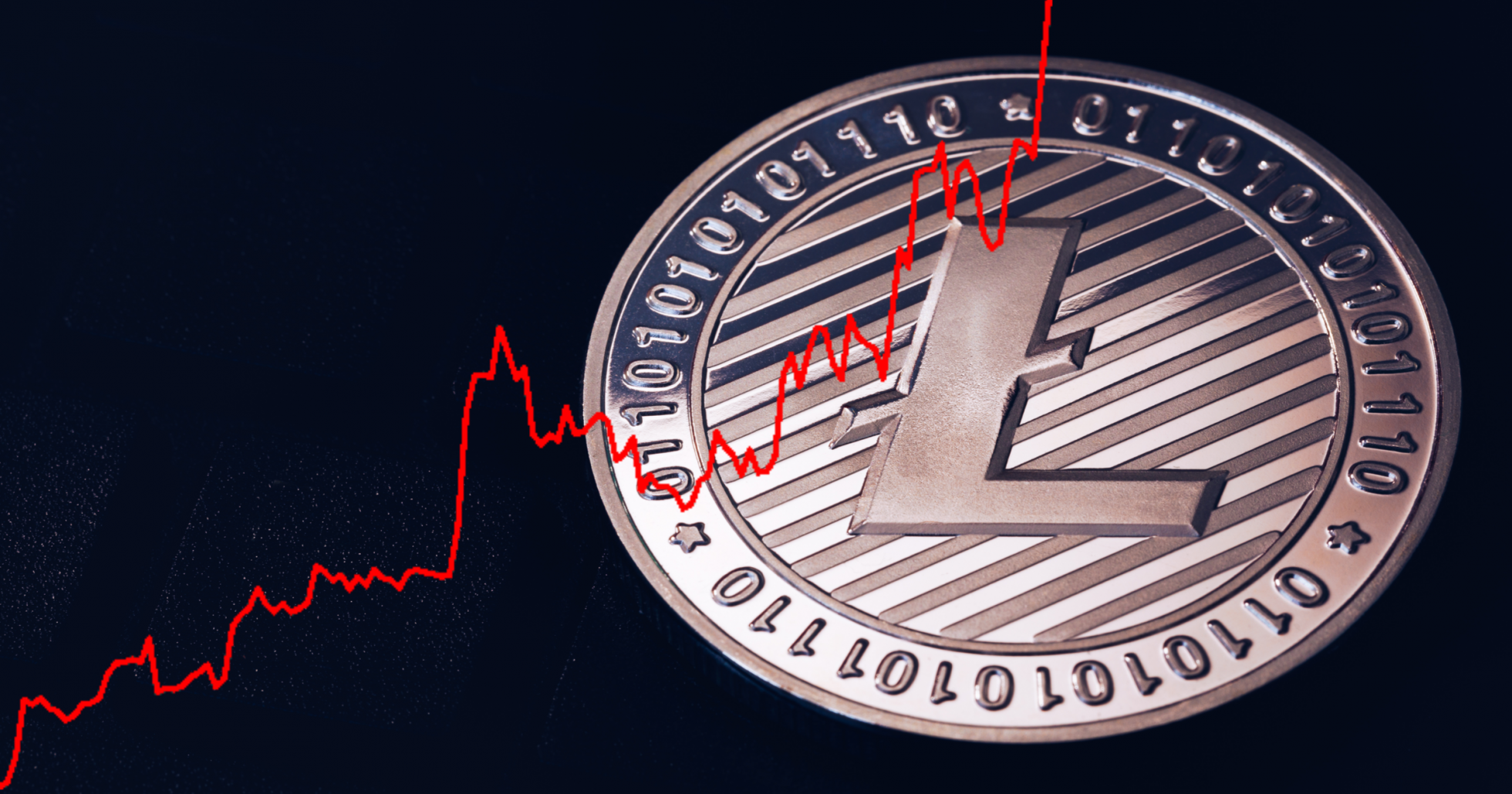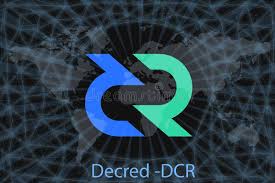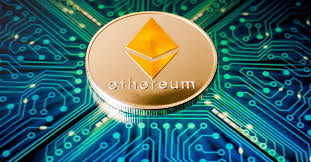The history of Bytom is a tribute to innovation, technological advancement, and a dedication to altering the future of digital asset management in the context of blockchain and cryptocurrencies. It is a cryptocurrency project that seeks to develop a mechanism for controlling and trading digital assets. This thorough investigation goes deeply into Bytom’s fascinating past, documenting its beginnings, important turning points, distinctive characteristics, and its ability to completely alter the landscape of blockchain technology.

Genesis and inception
Bytom’s narrative began in 2017 with its whitepaper, envisioning solutions for managing and transferring diverse digital assets. It was founded by Chang Jia to develop a system that would connect various blockchain networks with conventional asset management.
Tokenization and asset management
Asset management and tokenization are the main areas of concentration for Bytom. Tokenization enables the seamless representation of tangible assets on the blockchain. This novel strategy aimed to offer a method for the secure and effective management of diverse assets, including securities, bonds, and more, in a digital form.
Blockchain compatibility
Bytom’s ability to work with many blockchain networks is what makes it special. To promote interoperability and lessen fragmentation, the project established the idea of “atomic assets,” which enables assets from other blockchains to be represented and managed within the Bytom ecosystem.
The three-layer architecture of Bytom
The three-layer design of Bytom is the foundation of its functionality
Application layer
This layer includes several apps and services built on top of the Bytom protocol, such as resource management systems and decentralized applications (dApps).
Contract layer
To enable programmable and adaptable digital resource management, this platform introduced the Turing-complete General Address Format (GAF) for smart contracts.
Data transmission layer
This platform’s data transmission layer makes sure that data and assets are seamlessly exchanged between various blockchain networks.
Important milestones
Some important milestones include:
Mainnet launch (2017)
Bytom’s mainnet went live, completing a key step toward the realization of its ambition for interoperability and digital resource management.
MOV DeFi platform (2019)
In 2019, this crypto unveiled the MOV (Masternode-oriented Value) DeFi platform, which offers a secure and decentralized environment for lending, exchanging assets, and other activities.
Bytom 2.0 (2020)
In 2020, the platform released Bytom 2.0, an upgraded version of the protocol that significantly improved its features, such as cross-chain asset management and increased scalability.
Technological innovations
Bytom has made the following technological advancements:
Tensority proof-of-work algorithm
This crypto unveiled the Tensority proof-of-work (PoW) algorithm, designed to accelerate AI while boosting efficiency and security.
Asset origins and control
Bytom’s protocol guarantees the origin and traceability of digital assets, giving consumers more power and transparency.
Engagement with the community
Bytom’s community is an essential part of its growth. The initiative actively promotes community involvement, input, and contributions, establishing a collaborative atmosphere.
Real-world use cases
Bytom may have an impact on a range of industries, including:
Finance
Traditional financial instruments like bonds and securities could change as a result of the initiative’s asset tokenization.
Supply chain
Bytom’s compatibility with blockchain improves supply chain traceability and transparency.
Healthcare
Medical data management and sharing can be made easier with Bytom’s data transport layer.
Challenges and adaptation
This initiative has faced several difficulties along the way, including technological difficulties and regulatory issues. The project’s resilience is demonstrated by its capacity to innovate and adapt in the face of these difficulties.
Prospects
Bytom’s roadmap outlines future developments, ecosystem improvements, and the investigation of new use cases, all of which point to a positive future for the initiative.
Conclusion
The tale of Bytom is a compelling one of interoperability, asset management, and blockchain innovation. Its path, from its beginning to the present, exemplifies the dynamic nature of blockchain technology and its ability to disrupt established sectors. This crypto is a leader in innovation in the rapidly expanding world of blockchain and cryptocurrencies thanks to its innovative methodology, technological advancements, and dedication to digital resource management.
You can also find these articles helpful
Bitcoin vs Bytom
Is it profitable to trade Bytom
Is it profitable to mine Bytom










